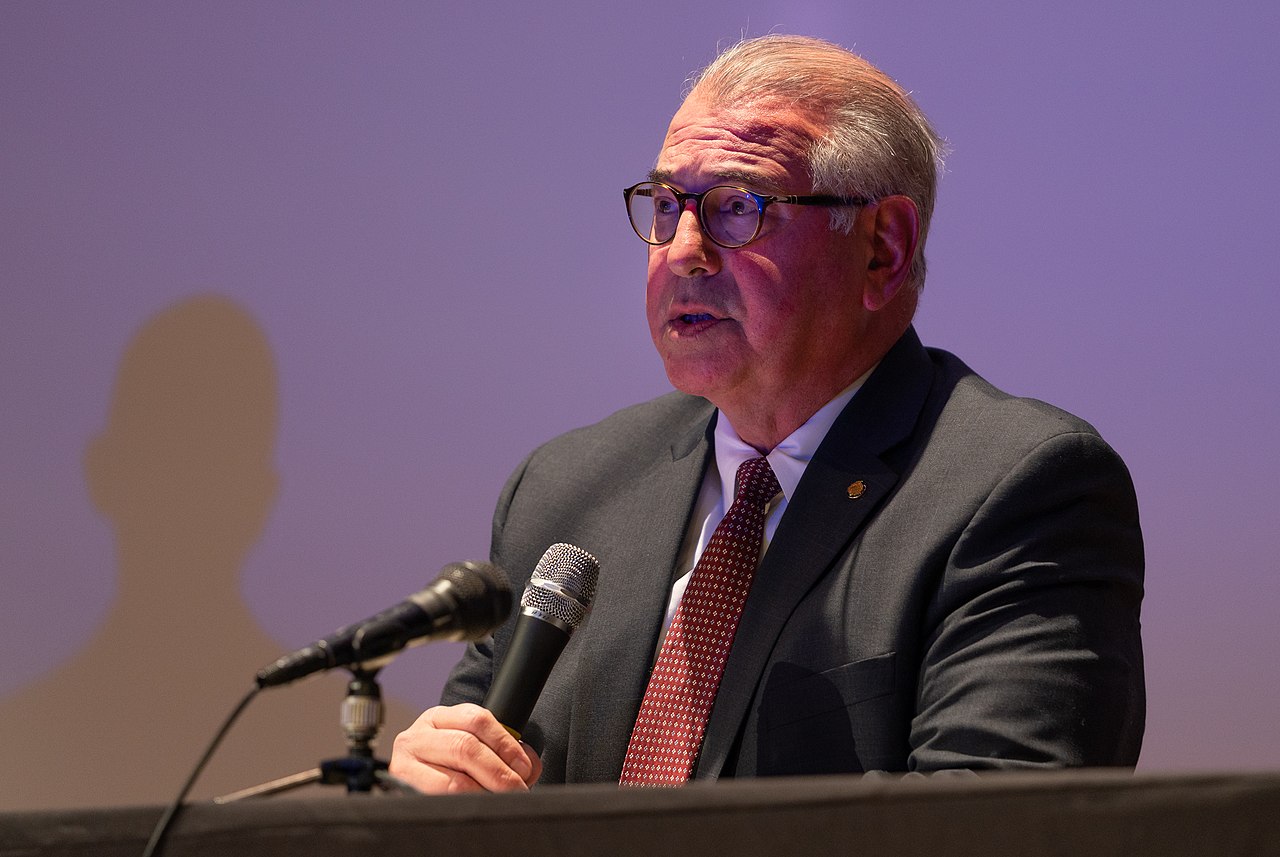Political Report
Twin Cities Prosecutors Roll Out New Marijuana Policies
Both offices stop short of policies implemented elsewhere to not charge marijuana possession

Both offices stop short of policies implemented elsewhere to not charge marijuana possession
The two county attorneys of Minnesota’s Twin Cities have announced new policies on how their offices will handle the prosecution of marijuana-related offenses.
Hennepin County (Minneapolis)
County Attorney Mike Freeman issued a memo in August, which he presented at a news conference last week. The memo first addresses marijuana possession. Since possession of less than 42.5 grams is a misdemeanor handled at the city level, Freeman’s memo addresses cases above 42.5 grams, which are felonies. His policy is that people arrested for possession will be asked to complete diversion programs, either as a condition for charges to not be filed at all (if possession is under 100 grams) or as a condition for charges to be dropped.
The office may offer a stay of adjudication to people it deems not eligible for diversion based on the office’s criteria. Spokesperson Chuck Laszewski told me that they the office already used these diversionary options prior to this memo, but for fewer cases and smaller quantities. Second, the memo addresses the sale of less than 42.5 grams of marijuana: Such cases will be charged, then pushed to pretrial diversion. It was revealed last year that nearly all people arrested in sting operations by the Minneapolis police and then charged by Freeman’s office were African American. The memo also outlines numerous exceptions to all these policies such as possession of a firearm or prior convictions, which the county’s chief public defender denounced in the Star Tribune.
Ramsey County (St. Paul)
County Attorney John Choi issued a Feb. 28 memo that only addresses marijuana sales: His office will no longer file charges for sales of less than 42.5 grams. When I asked whether this is conditional on completing diversion (as in Hennepin), spokesperson Dennis Gerhardstein clarified via email that “these cases will be declined/refused for prosecution.” However, the policy would not apply if there is “a clear and compelling public safety reason.” Gerhardstein told me that Choi would need to approve this determination. According to the memo, elements that could justify this determination include the sale of THC oil or factors the state defines as aggravating.
When I asked Gerhardstein for their policy toward possession, he said that they already divert felony possession cases, but that they do so through a pretrial program (as opposed to precharge one, as is the case with some cases in Hennepin) program. He added that Choi thinks “we should allow the marijuana cases to be included in our pre-charge diversion program in the near future.”
—
Thomas Gallagher, a criminal defense attorney in Minneapolis who is on the board of Minnesota NORML, the state affiliate of the National Organization for the Reform of Marijuana Laws, told me that he thought Freeman’s announcement was not ambitious enough. He called on Freeman to process more cases without filing charges, if not drop them altogether. “The reason I think it’s realistic for the Hennepin County prosecutor to not charge any marijuana cases is that there are prosecutors right now on the East Coast that are saying we are not going to charge any marijuana cases, period,” Gallagher said. “If they can do it, why can’t Hennepin County do it?”
Last month, Baltimore State’s Attorney Marilyn Mosby, citing a “crisis of disparate treatment of Black people,” rolled out a policy of not prosecuting marijuana possession cases regardless of quantity. Mosby told NPR that “if you are arrested for having and being in possession of a marijuana, you will then be released without charges.”
I asked Freeman and Choi’s offices whether they considered adopting a policy like Mosby’s, and why they chose not to. “We did think about it, but believe that the current paradigm of petty misdemeanor plus the legislation that we are working on (42.5 to 200 grams = misdemeanor level) would be what the public would generally support in our jurisdiction,” Gerhardstein wrote in an email about Ramsey County, referring to proposed legislation to make possession a misdemeanor. Laszewski pointed me toward Freeman’s memo, which says that “our state should not have to rely solely on discretionary decisions by local police and prosecutors to ensure that our laws are sensible and just.”
Freeman and Choi’s memos come amid a statewide debate about legalizing marijuana, a move backed by Minnesota’s newly elected governor, Tim Walz.
